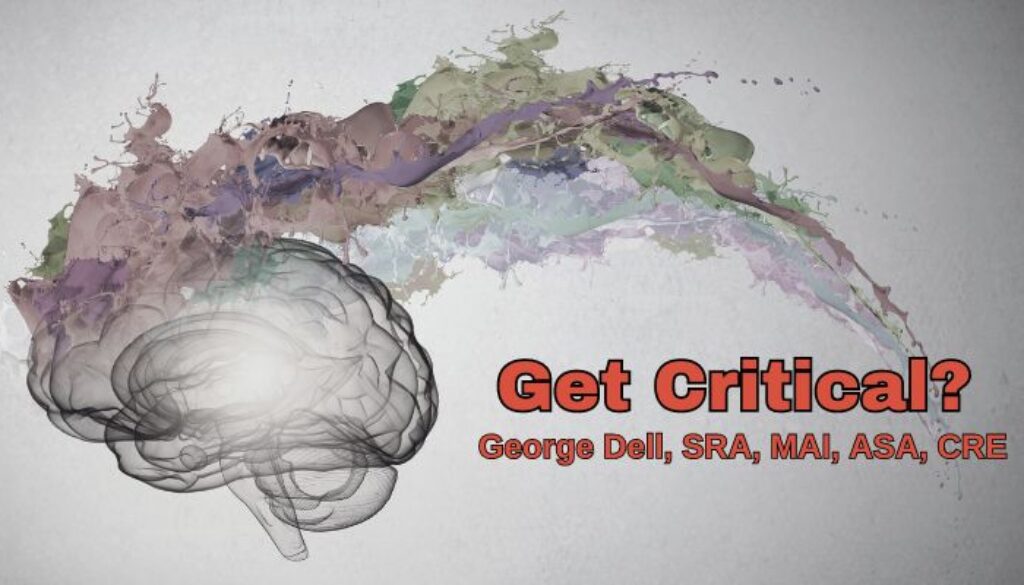It is easy to be critical. Harder to be “right.”
In order to be really right, it is important to know how to be very critical! Critical thinking is a professional must.
Rule #1: Remember that imposing your belief comes first.
Rule #2: How you got to your starting position doesn’t really matter.
Rule #3: Do not listen to the other side, or you are in danger of being wrong!
There are two ways of living. One way is to be open to new or better ways of thinking and behaving. This takes some effort, and even some spiritual humility to challenge the old ways. The other way is to rest on what you already believe, and just go with it. If others disagree, it is smart to undercut their position by undercutting them. Shoot the messenger. Call them names. Yelling louder helps. Anger scares some. Anything that works, even facts and logic. Your prior belief comes first!
Most of us came to our beliefs and positions by learning from others. Our teachers, our parents – anyone in a position of power over us. Some were well intentioned, some were objective, some passed on things they challenged and learned. Some simply passed on what they learned from teachers, who passed on what they learned from their teachers . . . and so on. A few were able and willing to teach us what was good for them… but not good for our future.
Some of our beliefs and actions come from laws and social pressures, and even a form of desperation to do what we have to do to survive. When your life, your spirit, your existence is at risk, we can and will do things we believe to be otherwise wrong. I have been there. Have you?
There are times to obey and times to disobey. How do we know when?
How do we judge when it’s ok to compromise just a bit? When is it right to fudge for a “greater cause”? And where do we find the ultimate answer . . . Is it right, or is it wrong?
There are many “fallacies of logic.” Fallacies of assumptions, of asking the wrong question, of gathering the wrong data, or of using the wrong model. Or simply relying on our belief, our “knowledge” – and blindly reiterating it. And also, there are some choices we make unconsciously, no thinking needed!
Many of us are paid to be alert for such things. Like appraisers.
We are to come to an opinion. (The standards and state laws say so!) We form an opinion of what is the problem. An opinion of what are the “best comps.” An opinion of what the “right” adjustments should be. An opinion of the point value. Then “support” that opinion!
Are we being too critical here? Can we think critically about a critical process? It is easy to be critical – harder to be right!
The future health of our country, our world, our professions, and our communities – all depend on real answers to real questions.
Can we truly achieve objective answers in a subjective world?
Many of us are paid to be objective, independent, and impartial. Yet we are all subjective humans, dependent on those about us, and partial to what we already believe.

May 15, 2024 @ 5:57 am
Have you ever submitted an appraisal, felt like it was the perfect modeling example, really was something of beauty, almost giving you a renewed sense of whats right in the world, and had the client say something like “$580,000? I can’t understand how its worth a penny less than $700,000”?